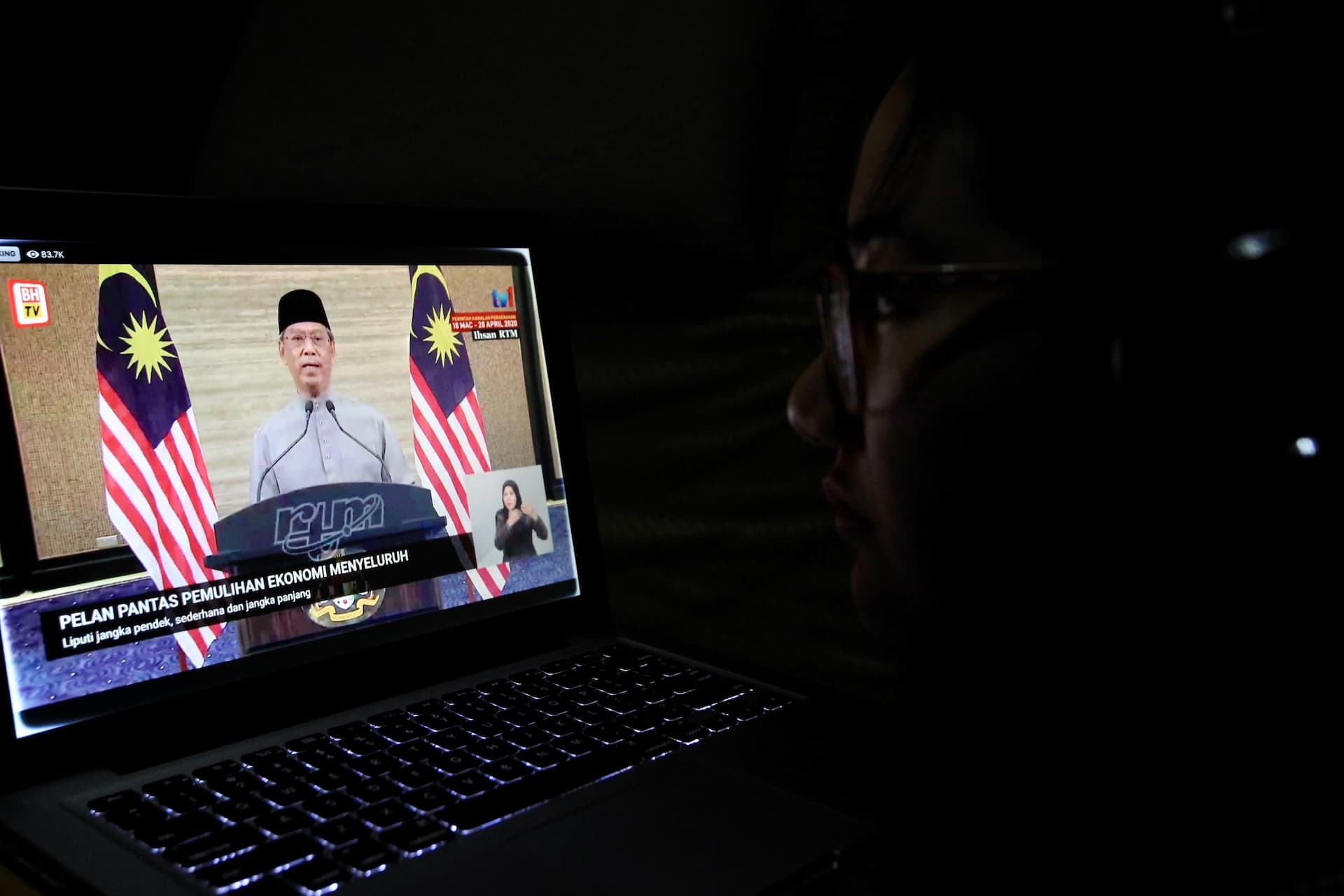
KUALA LUMPUR (June 5): The Government’s RM35 billion Short-Term Economic Recovery Plan (Penjana) announced today has been well received by economists who say it is well covered to help kick-start the recovery stage of the country’s economy amid the COVID-19 pandemic.
Noting that it is Putrajaya’s fourth stimulus package to combat the economic impact of COVID-19, Sunway University economics professor Dr Yeah Kim Leng said it extends further relief to the hard-hit sectors while spurring recovery with demand-boosting incentives, especially for the housing and automotive industries.
“It has a stronger focus on rebuilding the corporate and small and medium enterprises (SME) sector and more measures to tackle the expected rise in retrenchments and business closures in the coming months,” Yeah told theedgemarkets.com.
Bank Islam Malaysia Bhd chief economist Dr Mohd Afzanizam Abdul Rashid agreed, saying the matching grant for SMEs to adopt digitalisation via training and subsidies as encouraged by the government, would facilitate the transition.
“I think it’s well covered. The extension of the Wage Subsidy Programme by another three months should help alleviate concern on higher unemployment rates,” Mohd Afzanizam said.
Socio-Economic Research Center (SERC) executive director Lee Heng Guie said the three-month extension of the programme can continue to ease employment costs.
“But the wage subsidy given is now standardised at RM600 per worker,” he pointed out.
Previously, the wage subsidy was classified into three categories with RM600 given to SMEs with 200 employees, RM800 to SMEs with between 76 and 200 employees, and RM1,200 to SMEs with fewer than 75 employees.
Lee said it is not surprising that SMEs are given a lot of support in the recovery plan as they are “a very big pillar of the country’s economy”.
SMEs, he pointed out, account for 98.4% of businesses in the country and they employ 66% of the country’s workers.
“Also, SMEs contribute about 38% of the total national Gross Domestic Products (GDP) and contribute 17.8% to the export market,” Lee added.
IDEAS praise measures to encourage hiring of unemployed workers
Lau Zheng Zhou, a research manager at the Institute for Democracy and Economic Affairs (IDEAS), said the various financial assistance measures for businesses to hire unemployed workers, especially the youth, is a step in the right direction as the danger of long-term unemployment will result in loss of skills and productivity.
“However, there is a need to better identify the job-matching needs of affected informal sector and migrant workers too. Given the recent COVID-19 clusters affecting migrant workers, it is also necessary for allocations to improve their living conditions in the hope of keeping contraction cases low,” he told theedgemarkets.com.
On the extension of the Wage Subsidy Programme, Lau said the allocation of an additional RM5 billion reflects the Government’s ongoing priority to promote employee retention and reduce layoffs.
“However, according to the Ministry of Finance, only RM3.22 billion out of the total RM13.8 billion that was previously allocated in the Prihatin stimulus package had been approved as of May 31, 2020,” he noted.
“The low take-up rate raises concerns over the efficiency of approval and disbursement processes.
“IDEAS shares the concerns on unemployment and looks forward to an improvement in the bureaucratic processes so that targeted recipients have better access to the wage subsidies,” he added.
Pioneer status-like investment incentives could be game-changer
Sunway University’s Yeah said the pioneer status-like investment incentives could be a game-changer if these, together with measures to enhance the business climate, can garner a larger share of foreign direct investment (FDI) stemming from the US-China supply chain reconfiguration.
Under Penjana, the government is granting a tax holiday for companies, both foreign and local, which intend to make a capital investment of more than RM300 million in the manufacturing sector.
On the allocation to spur digital adaption in the economy, Lau said it is highly commendable. However he said structural issues ranging from infrastructure investment, effective regulation and the presence of monopolies must be addressed in concurrence with current recovery spending. This is crucial to better lay the foundation for future growth and development, he stressed.
Other areas covered such as the reintroduction of Home Ownership Campaign and the relaxation of third house purchases should help promote more transactions and help clear unsold properties, Bank Islam’s Mohd Afzanizam added.
He said the announced sales tax exemption of 100% for locally assembled passenger vehicles, and 50% for imported passenger vehicles purchased from June 2020 to Dec 31, 2020, could also help resuscitate the automotive sector.
“It shows that the Government is committed to revive growth and they seem quite relaxed and not too fixated to keep Budget deficits in check. I say, [the package] is a reasonable response (from the Government),” he said.
While Penjana is understood to be a short-term recovery plan that will expire at year end, some of the initiatives still seem very much an extension to the protection-focused theme from previous stimulus packages, said IDEAS’s Lau.
“Therefore, IDEAS would like to also urge the Government to ensure adequate long-term thinking in Penjana’s implementation in order to guide the economy’s exit from crisis mode more effectively,” he said.